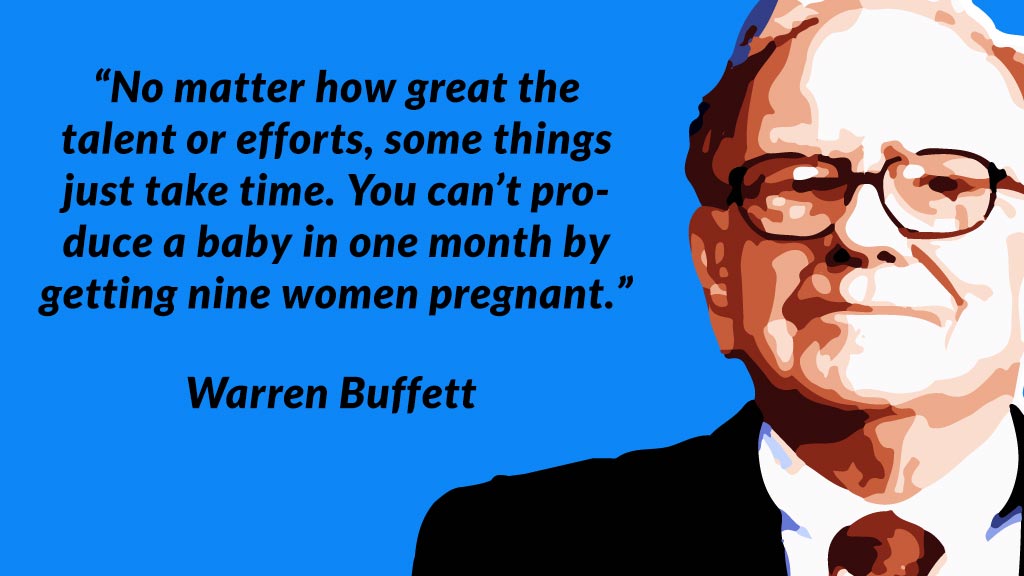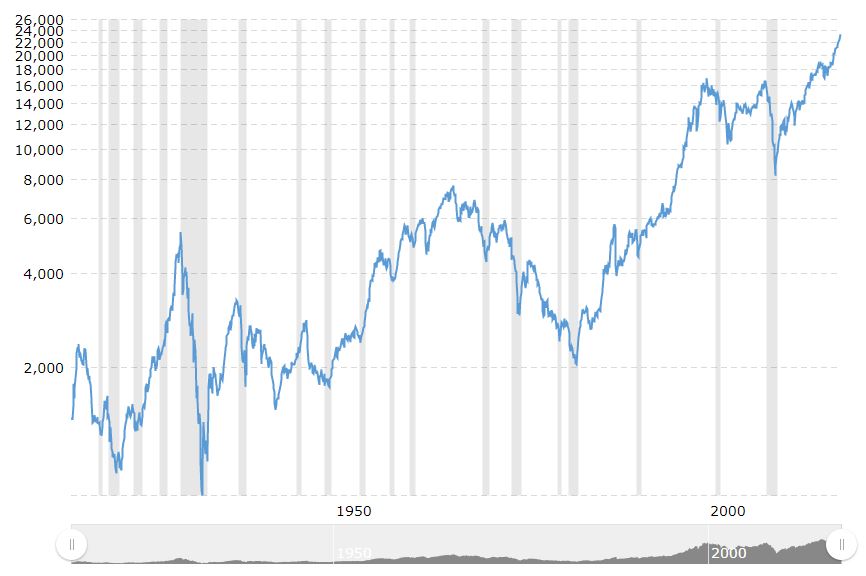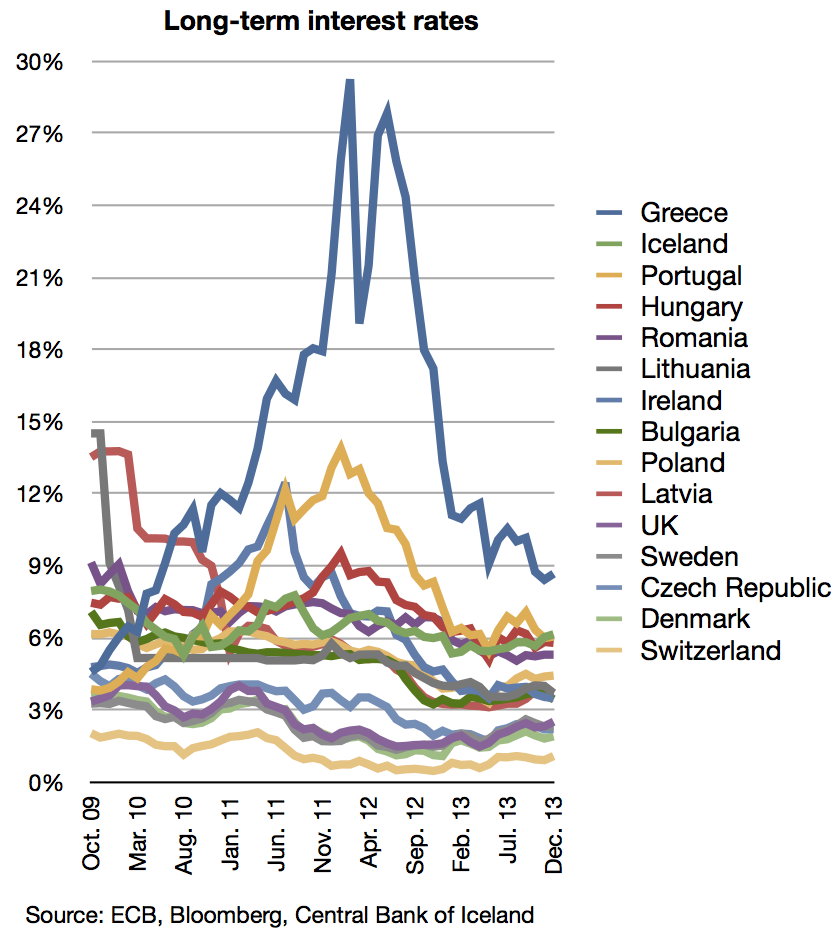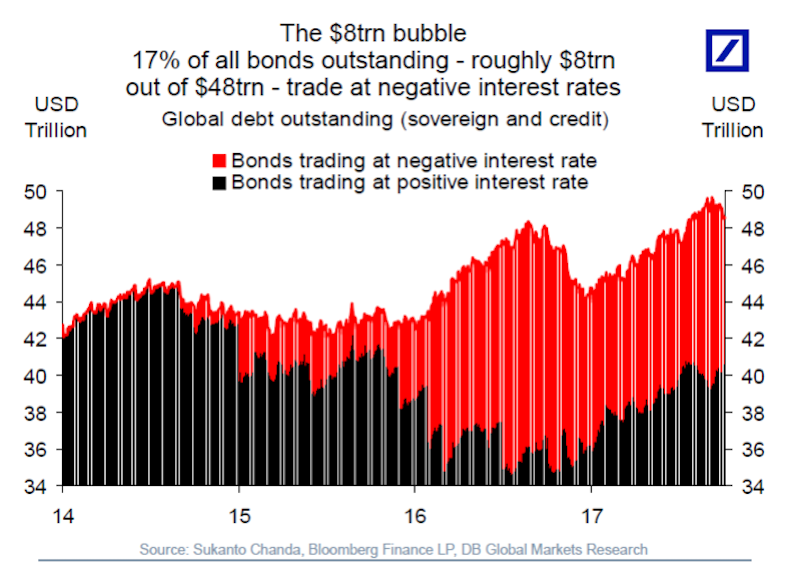Are you afraid the stock market is about to crash?

I received this question in my inbox the other day. The first thing that came to mind is why would anyone investing in the stock market today be afraid of a crash? Like all other industries, the finance industry has evolved a lot over the past 10-20 years and will continue to evolve. Investors and traders today have access to tools and products that did not exist back when we had the Black Monday in 1987, Asian Financial Crisis in 1997 and Global Financial Crisis in 2007.
Then it dawned on me that many of us are not too familiar with the products available out there or have been severely misinformed. When I joined the CFD industry in 2012, many investors would outright reject using CFDs because according to them, CFD has leverage and leverage is bad. If I trade CFDs, I would be required to pay finance charges and that eats into my profits. It is a valid argument but not true in its entirety. CFDs allow you to establish a long AND SHORT position on a particular stock (called contract) and hold it for as long as you wished. Most informed investors and traders in Singapore, UK, and Australia use CFD as a hedging tool for their portfolio. In times of uncertainty, they establish a full or partial hedge on their portfolio, usually for a few weeks to a month, to protect their profits. It’s wonderful. If you are right about a crash, your profits are protected and if you are wrong, you’ll probably lose a small amount. But I guess that’s much better than having all your profits wiped out, right?
Now, we need to understand how that could help us. If you have a portfolio consisting of DBS, Apple and Tencent that you bought 3 years ago, I am sure you will be smiling from ear to ear as you will be having good profits. After all, Warren Buffett always says, “No matter how great the talent or efforts, some things just take time. You can’t produce a baby in one month by getting nine women pregnant.” But suddenly, you realise that in 1987, 1997 and 2007, we went through a major crisis. So we should expect 2017 to have a crisis too, right? This means that I should get out and take my profits now! But what if the stock rockets upwards after I am out? All those “extra” profits will be lost! Hence, you start to ask the question, “Are you afraid the stock market is about to crash?”
My answer to that question is both YES and NO.

No because I have explained to you earlier, as an investor or trader, you have the luxury to just hedge your portfolio. You also have tools like stop limit orders to take care of your downside. So why worry? If you are in category of people, take a deep breathe and keep calm. Make sure you have your CFD account ready and if you need help to hedge your portfolio or to discuss how you prepare for a crash, let us know via live chat, email, call us directly or speak to your trading representative at Phillip. We’re your partner in finance! By the way, it is absolutely fine if your don’t do anything. The stock market has recovered from every crash in history. Here’s the chart of Dow Jones for the last 100 years:

Source: Macrotrends.com
But why am I afraid of the next stock market crash and will it happen in 2017?
If you have the thought, 1987 – crash. 1997 – crash. 2007 – crash. It only makes sense that we see a crash in 2017? Well, that repetition of a crash every 10 years is called market cycles. And while there are many Fundamental and Technical Analyst out there, there is a smaller group of people who do Cycle Analysis. And if you were to study the basics of cycles, you will notice that these 10-year cycles have a variance of about 1 year. Longer cycles have a bigger variance. So it doesn’t necessarily mean that a crash will have in 2017. It indicates that a crash can happen anytime between, 2016 and 2018.
This year there has been a lot of talks about a crash but I’ve not seen many asking the right questions. Has anyone wondered, what will the next crisis possibly be?
Once again, from a personal opinion, I believe the next crisis will be a Sovereign Debt Crisis. And it all begins in Europe. Since the Global Finance Crisis in 2007, Euro and Europe has not particularly performed well. In 2009, Greece announced that its deficit was more than 4 times what was mandated by the European Union (EU). Since then, we’ve been hearing about a Grexit (Greece to exit EU). Now, that didn’t happen but in 2016, we saw Brexit happening, when about 52% of the participating UK electorate voted to leave the EU. In the years of 2009 to 2016, Spain, Portugal and Italy had its fair share of Sovereign Debt.
In 2017, we saw a few major event. The French elections, a close competition between Emmanuel Macron of En Marche! and Marine Le Pen of National Front. As a candidate of National Front, Le Pen performed pretty well, in fact, one of the best in French Elections history. What was her biggest agenda? Yup, you guessed it right, Frexit!
In short, I would say the Euro and the EU have failed. And I’m not the only one. Here is trader Alessio Rastani on the BBC:
That interview in 2011 spurred some controversy. But he was spot on! In 2012, we saw the European Debt Crisis. He’s a picture of how bad it was:

And it has only recovered a little since then. With the European Central Bank (ECB) maintaining interest rates at sub-zero levels today, the profits of banks in the region has been severely affected. What’s negative interest rates? Basically, the borrower of a loan is being paid to accept a loan. With negative interest rates, you have to pay the banks for keeping money there. The reason for opting to negative interest rates is to encourage more spending and fewer savings, however, over the years, we have seen that it has failed. Here are the EU government bond yields over the years:
The title says it all, “The $8trn bubble!.”
But does this problem only occur in Europe? Nope! Japan is facing a very similar situation with negative interest rates. And the US, currently has a national debt of over US$20trillion.
My intention in this article is not to scare you that a crisis is coming but more to share what i think is happening and we should all be prepared that these signs may blow up anytime. If it does, we are in for a major reset, a crisis as bad as the 1929 Great Depression, a crisis that none of us has ever experienced before.
This is the reason why and what I am scared about the next crisis. That’s all for now folks.
Follow PhillipCapital on Facebook
Source & Credits:
- Timing & You – Timing Is Everything. Be the master of wealth today! (Website)
- European Central Bank, Bloomberg, Central Bank of Iceland, Deutsche Bank
Leave a comment
Related Articles
Rules of Investing

All of us have different reasons as to why we started investing. Some of you might have read my previous article on “3 Reasons To Start Investing… NOW!” and in it, I mentioned about compound interest….
#3 Facts - Australia Market

Many of you have probably heard the story of the 2 salesmen who went down to South Africa in the early 1900s. The first one came back and reported, “Situation hopeless, they don’t wear any shoes!”…
What is ETF Trading?

Markets are buzzing! Are you? The Dow Jones Industrial Average has been hitting new highs in 2017. Amidst all the news about the vibrant US Market, there is a little boy growing up behind the scenes called ETFs…
Intelligent Investor

As in the words of Peter Lynch, “If you don’t study companies, you have the same success buying stocks as you do in a poker game if you bet without looking at your cards.” I can say, almost certainly, that 80% of investors…
Losing Opportunities?

Confused when to exit a trade? Not sure if you should take profit? Here we discuss a trading strategy that you could always use in times of uncertainty. Never be left out on what is available for you.
Disclaimer
This material is provided to you for general information only and does not constitute a recommendation, an offer or solicitation to buy or sell the investment product mentioned. It does not have any regard to your specific investment objectives, financial situation or any of your particular needs. Accordingly, no warranty whatsoever is given and not liability whatsoever is accepted for any loss arising whether directly or indirectly as a result of your acting based on this information.
Investments are subject to investment risks. The risk of loss in leveraged trading can be substantial. You may sustain losses in excess of your initial funds and may be called upon to deposit additional margin funds at short notice. If the required funds are not provided within the prescribed time, your positions may be liquidated. The resulting deficits in your account are subject to penalty charges. The value of investments denominated in foreign currencies may diminish or increase due to changes in the rates of exchange. You should also be aware of the commissions and finance costs involved in trading leveraged products. This product may not be suitable for clients whose investment objective is preservation of capital and/or whose risk tolerance is low. Clients are advised to understand the nature and risks involved in margin trading.
You may wish to obtain advice from a qualified financial adviser, pursuant to a separate engagement, before making a commitment to purchase any of the investment products mentioned herein. In the event that you choose not to obtain advice from a qualifies financial adviser, you should assess and consider whether the investment product is suitable for you before proceeding to invest and we do not offer any advice in this regard unless mandated to do so by way of a separate engagement. You are advised to read the trading account Terms & Conditions and Risk Disclosure Statement (available online at www.poems.com.sg) before trading in this product.
Any CFD offered is not approved or endorsed by the issuer or originator of the underlying securities and the issuer or originator is not privy to the CFD contract. This advertisement has not been reviewed by the Monetary Authority of Singapore.








